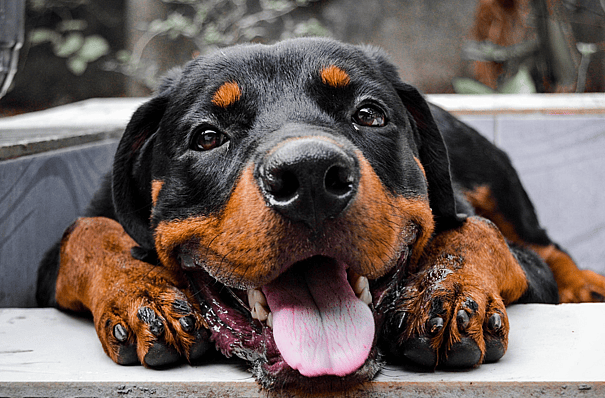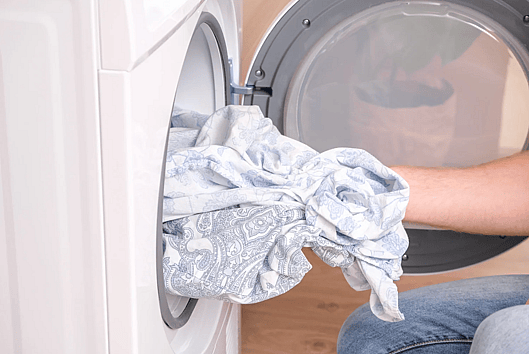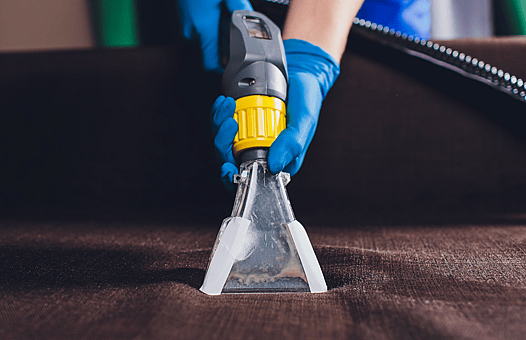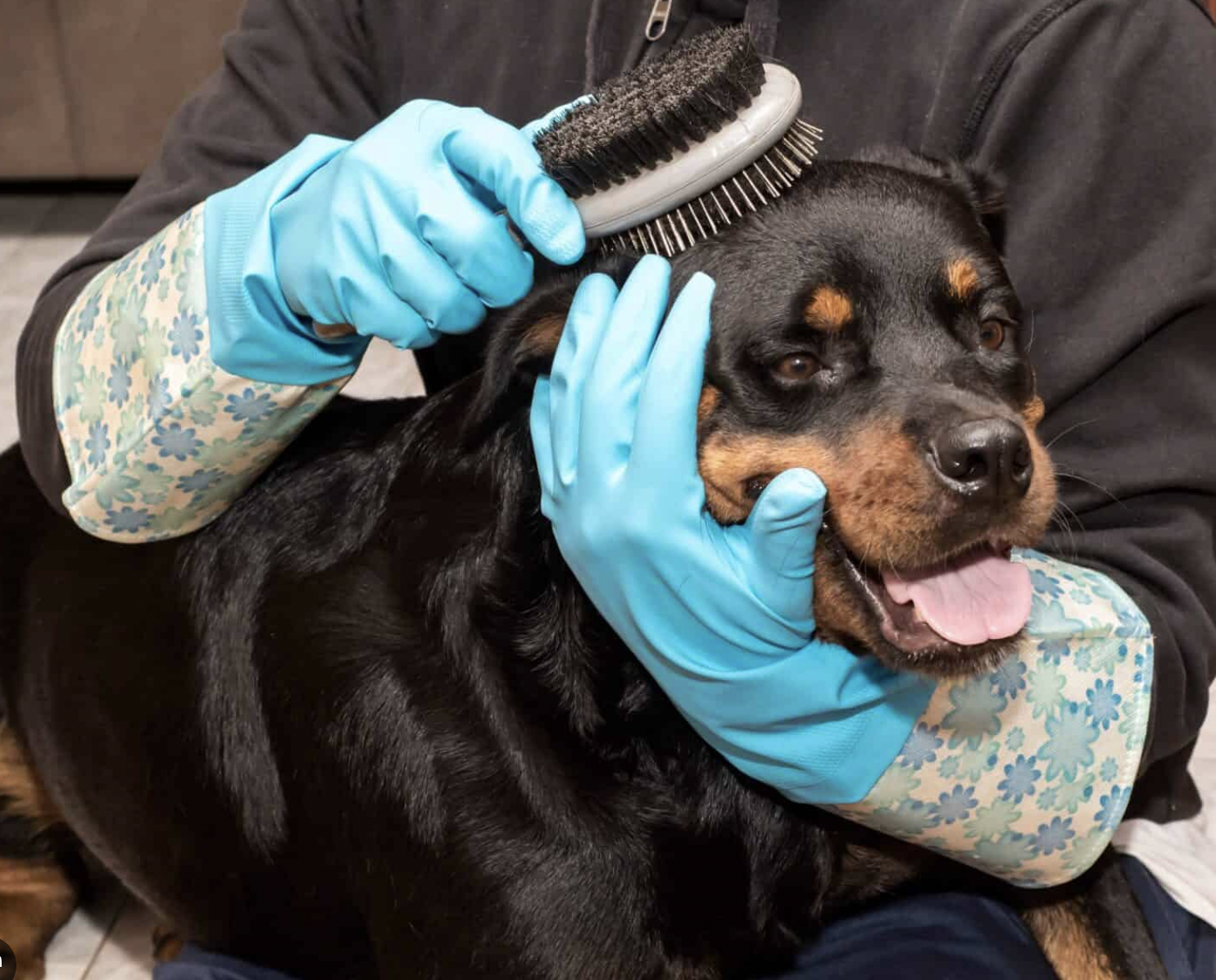Allergic To Your Rottweiler? Here’s 10 Ways To Manage Your Symptoms
In the world of canine companions, the Rottweiler holds a special place as a loyal and protective breed. Their robust and powerful appearance makes them a favorite among dog enthusiasts. However, for individuals with allergies, a critical question arises: Are Rottweilers hypoallergenic? In this article, we will explore the hypoallergenic qualities of Rottweilers, understand the factors contributing to allergies, and provide insights to help you make an informed decision.

Understanding Hypoallergenic Dog Breeds
Before delving into the specifics of Rottweilers, it is important to understand what hypoallergenic dog breeds are. Hypoallergenic breeds are believed to produce fewer allergenic substances or shed less dander, reducing the risk of triggering allergic responses. While no dog breed can be completely hypoallergenic, some breeds are considered more compatible with individuals who have allergies.
“No dog breed is entirely allergen-free”
Dr. Sarah Johnson, Veterinarian
“Hypoallergenic is a term often associated with certain dog breeds, but it’s important to understand that no dog breed is entirely allergen-free. While some breeds may produce fewer allergens or cause milder reactions in allergic individuals, it ultimately depends on the person’s specific allergies and sensitivities. It’s crucial for potential dog owners with allergies to spend time with the breed they are considering and gauge their personal response before making a decision.”
Dr. Sarah Johnson, Veterinarian
Several popular dog breeds are called hypoallergenic, including poodles, bichon frises, Yorkshire terriers, and schnauzers. Do these popular dogs actually reduce allergic reactions? Unfortunately, no dog breed causes zero allergic responses.
According to one study, there is a lack of data showing that so-called hypoallergenic dog breeds actually reduce allergic reactions. Every dog produces proteins in saliva and dead skin cells that cause allergies, so even hairless breeds can cause allergies.
What Causes Dog Allergies?

So, what causes dog allergies in the first place? In short, a few things can trigger allergic reactions in humans, but they all boil down to one thing: proteins. According to the American College of Allergy, Asthma, and Immunology, certain protein chains in a dog’s saliva, feces, urine, and dander trigger human immune systems to fight back against allergies.
Pet dander is usually the most common form these proteins take because shed hair gets everywhere. Dander can also hold other allergens too, like mold spores, dust mites, and pollen– all of which are common allergens.
Are Rottweilers Hypoallergenic?

Unfortunately, Rottweilers are not hypoallergenic dogs. They have a short double coat that sheds moderately throughout the year. This shedding can release dander, hair, and potentially allergenic proteins into the environment, which may trigger allergies in susceptible individuals. Therefore, if you have allergies, it is advisable to consider other breeds that are known to be more hypoallergenic.
Factors that Contribute to Allergies
To understand why certain breeds may cause allergies, it is important to recognize the sources of allergens. Allergies occur when the immune system reacts to specific proteins found in pet dander, saliva, urine, and feces. When exposed to these proteins, individuals with allergies may experience symptoms such as sneezing, itching, and respiratory issues.


Managing Allergies with Rottweilers
If you are an allergy sufferer who still wishes to have a Rottweiler as a companion, here are some tips for dealing with you non-hypoallergenic dog!
Create Allergy-Free Zones
Designate certain areas in your home as allergy-free zones, such as bedrooms or specific rooms where you spend a significant amount of time. Keep these areas off-limits to your Rottweiler to minimize allergen exposure in spaces where you need relief from allergies.
Invest in Air Purifiers

Consider using high-quality air purifiers with HEPA filters throughout your home. These purifiers can help capture and remove allergens, including pet dander, from the air, providing you with cleaner and allergen-reduced indoor air quality.

Maintain a Clean Living Environment

Regularly clean your home to reduce the presence of allergens. Vacuum carpets, rugs, and furniture using a vacuum cleaner equipped with a HEPA filter. Clean hard surfaces with damp cloths or mops to prevent the spread of allergens.
Wash Bedding Frequently

Wash your bedding, including sheets, pillowcases, and blankets, regularly to remove any accumulated pet dander. Using hypoallergenic detergent can also help minimize allergens in your bedding.
Minimize Upholstered Furniture

Upholstered furniture can trap pet dander and other allergens. Consider using furniture made of materials like leather or synthetic fibers that are easier to clean and less likely to retain allergens.
Practice Good Personal Hygiene

After interacting with your Rottweiler, wash your hands thoroughly with soap and water to remove any allergens that may have come into contact with your skin.
Consult an Allergist

If you have severe allergies, it is important to consult with an allergist or immunologist who can provide personalized advice and recommend appropriate medications or immunotherapy options to help manage your specific allergies.
Regular Grooming

Regularly groom your Rottweiler to minimize loose hair and dander. Brushing your Rottweiler’s coat outside can help prevent loose hair and allergens from spreading throughout your home. Consider enlisting the help of a professional groomer to ensure thorough cleaning and maintenance of your dog’s coat.
Wash Your Rottweiler’s Bedding
Keep your Rottweiler’s bedding clean by washing it regularly. Use hypoallergenic detergents and dry the bedding thoroughly to eliminate any potential allergens.
Consider Allergy Medications
Consult with your healthcare provider or allergist about over-the-counter or prescription allergy medications that can help manage your symptoms. These medications can provide temporary relief from allergies when needed.
Frequently Asked Questions
Are Rottweilers hypoallergenic?
No, Rottweilers are not hypoallergenic due to their shedding and the presence of allergenic proteins in their dander, saliva, urine, and feces.
Can people with allergies keep Rottweilers as pets?
While some individuals with allergies may be able to tolerate Rottweilers better than other breeds, they are not recommended for people with severe allergies.
Do Rottweilers shed a lot?
Rottweilers have a moderate shedding level throughout the year, and regular grooming can help minimize loose hair and dander.
Can regular grooming help reduce allergens with Rottweilers?
Regular grooming practices, such as brushing and bathing, can help reduce the amount of loose hair and dander on a Rottweiler. This may help minimize allergen exposure.
What other factors contribute to allergies with Rottweilers?
Besides dander, Rottweilers also produce saliva, which can contain allergenic proteins. Additionally, some individuals may be sensitive to other allergens, such as dog urine or feces, which can be present with any dog breed.
Are Rottweilers good for allergy sufferers?
Rottweilers are not typically recommended for individuals with allergies. While no dog breed is completely hypoallergenic, Rottweilers have a short double coat that sheds moderately and can release allergenic proteins and dander into the environment. This shedding can potentially trigger allergic reactions in sensitive individuals. It’s important for allergy sufferers to spend time with Rottweilers to assess their personal tolerance and consult with allergists or healthcare professionals for personalized advice.
Do Rottweilers shed a lot?
Rottweilers do shed a moderate amount throughout the year. They have a short double coat that undergoes a shedding process, typically twice a year, where they will shed their old fur to make way for new growth. While not considered heavy shedders compared to some other breeds, Rottweilers do require regular grooming to manage their shedding and minimize loose hair in the home. Brushing their coat regularly can help remove loose fur and reduce the amount of shedding.
What is the most hypoallergenic dog ever?
While no dog breed is completely hypoallergenic, there are several breeds that are often considered more compatible with individuals who have allergies. Some of the dog breeds frequently mentioned for their hypoallergenic qualities include:
Poodles: Standard Poodles, Miniature Poodles, and Toy Poodles are often recommended for allergy sufferers. They have a curly, non-shedding coat that may produce less dander, reducing the likelihood of triggering allergies.
Bichon Frise: Bichon Frises have a soft and fluffy coat that doesn’t shed much. They are often considered hypoallergenic, but individual sensitivities may still vary.
Portuguese Water Dog: Portuguese Water Dogs have a curly and non-shedding coat, making them a potential choice for individuals with allergies. Regular grooming is necessary to maintain their coat’s health.
Maltese: Maltese dogs have a long and silky coat that doesn’t shed excessively. While they may produce less dander, frequent grooming is required to prevent matting.
Schnauzers: Standard Schnauzers, Miniature Schnauzers, and Giant Schnauzers are known for their wiry and hypoallergenic coats. They require regular grooming to maintain their coat’s texture.
It’s important to note that even hypoallergenic dog breeds can still produce allergens, and individual reactions to allergens can vary. If you have allergies, spending time with a specific dog breed and consulting with allergists or healthcare professionals is recommended to determine your personal compatibility.
While Rottweilers may not be hypoallergenic dogs, some individuals with allergies may find that they can live comfortably with these loyal and protective companions. However, it is important to recognize that individual sensitivities and allergies can vary greatly. If you have allergies and are considering adopting a Rottweiler, taking precautions such as regular grooming and maintaining a clean living environment can help minimize allergen exposure. Consulting with an allergist is also highly recommended to ensure the best possible outcome for both you and your potential Rottweiler companion.
Related Articles:
- Best Biologically Appropriate Dog Food For Rottweilers
- Drawing a Rottweiler: Step-by-Step Guide for Dog Lovers
- Finding the Perfect Hypoallergenic Dog for Your Family: Tips for Adopting a Dog That Won’t Trigger Allergies
- 55 Hypoallergenic Dog Breeds You Might Be Able To Live With If You Have Allergies




